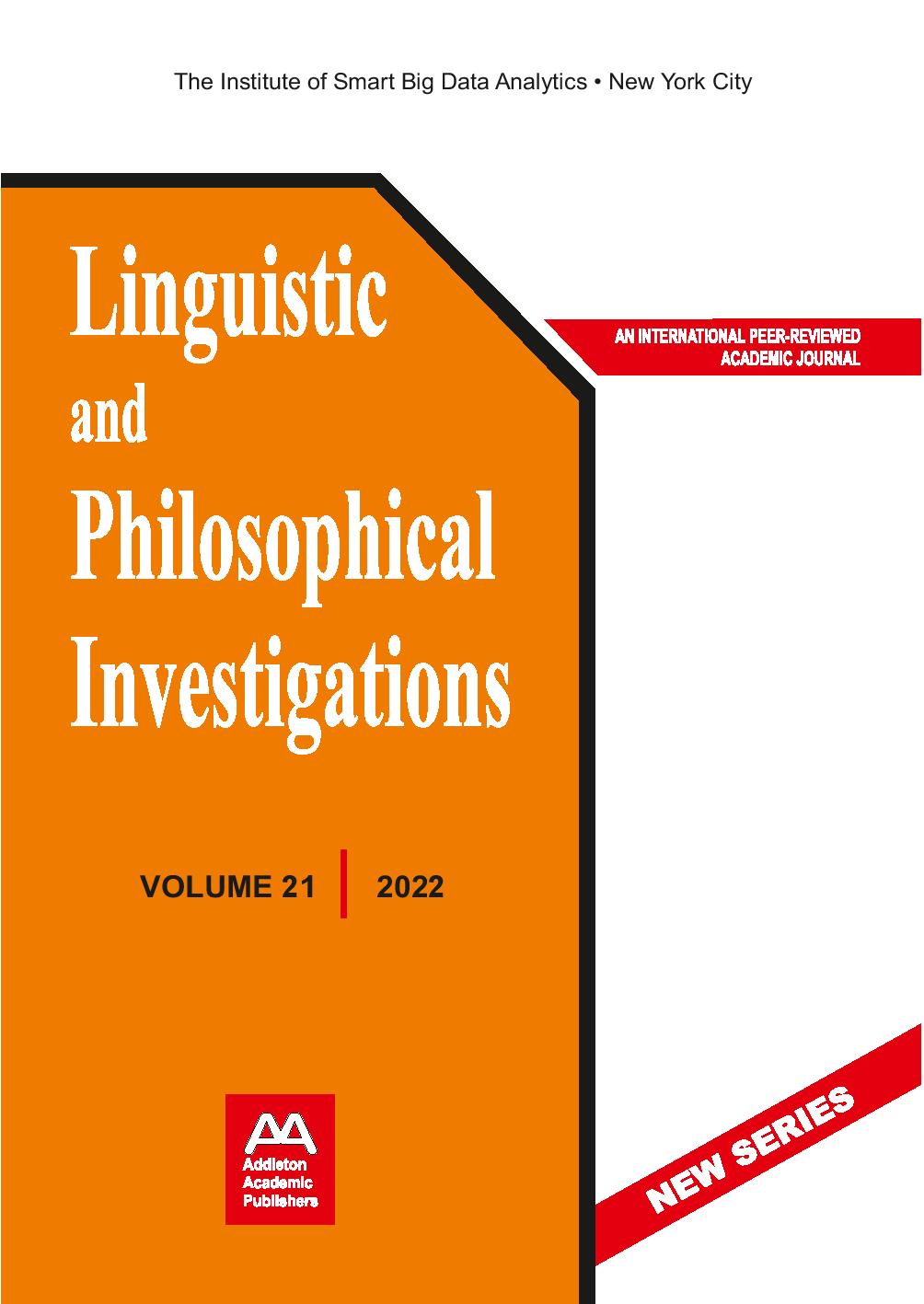Virtual Commerce in a Decentralized Blockchain-based Metaverse: Immersive Technologies, Computer Vision Algorithms, and Retail Business Analytics
Virtual Commerce in a Decentralized Blockchain-based Metaverse: Immersive Technologies, Computer Vision Algorithms, and Retail Business Analytics
Author(s): Emily HopkinsSubject(s): Management and complex organizations
Published by: Addleton Academic Publishers
Keywords: metaverse; immersive; computer vision; retail;algorithm for digital business transformation;
Summary/Abstract: I draw on a substantial body of theoretical and empirical research on virtual commerce in a decentralized blockchain-based metaverse. With increasing evidence of immersive technologies, computer vision algorithms, and retail business analytics, there is an essential demand for comprehending whether voice biometrics technology, search engine algorithms, sensor data, and decision support tools can shape customer behavior and deliver business value across immersive 3D worlds. In this research, prior findings were cumulated indicating that immersive technologies can enhance operational performance across virtual stores by assessing purchasing decisions, customer confidence, engagement, and habits through data visualization in retail business and operations. I carried out a quantitative literature review of ProQuest, Scopus, and the Web of Science throughout February 2022, with search terms including “metaverse” + “virtual commerce,” “immersive technologies,” “computer vision algorithms,” and “retail business analytics.” As I analyzed research published in 2022, only 81 papers met the eligibility criteria. By removing controversial or unclear findings (scanty/unimportant data), results unsupported by replication, undetailed content, or papers having quite similar titles, I decided on 16, chiefly empirical, sources. Data visualization tools: Dimensions (bibliometric mapping) and VOSviewer (layout algorithms). Reporting quality assessment tool: PRISMA. Methodological quality assessment tools include: AMSTAR, Distiller SR, ROBIS, and SRDR.
Journal: Linguistic and Philosophical Investigations
- Issue Year: 2022
- Issue No: 21
- Page Range: 203-218
- Page Count: 16
- Language: English
- Content File-PDF

